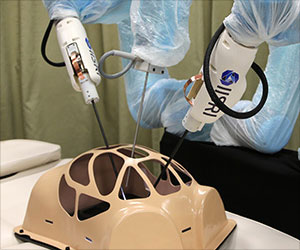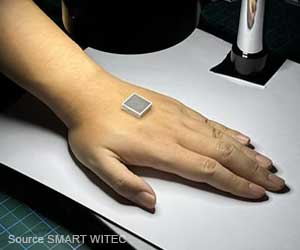Remotely operated Tiny robots can now help diagnose and treat illness in hard-to-reach areas of the body

TOP INSIGHT
These microbes can be tracked in the tissue close to the skin's surface by imaging the algae's natural luminescence, and in hard-to-reach deeper tissue by Magnetic Resonance Imaging (MRI)
Scientists suggest their findings could lead to a way to deliver drugs to parts of the body that are otherwise difficult to treat.
The robots could also sense chemical changes linked to the onset of illness within parts of the body, which makes them potentially useful as probes for remote diagnosis.
An international team of researchers, led by the Chinese University of Hong Kong, developed micro-robots by coating a microscopic algae with non-harmful, biocompatible magnetic particles. The devices can smoothly swim in biological fluids, such as dilute blood and gastric fluid.
The time taken for the robots to function and biodegrade within the body could be tailored by adjusting the thickness of their manufactured coating.
The study, published in Science Robotics, was carried out in collaboration with the Universities of Edinburgh and Manchester. It was supported by the Research Grants Council of Hong Kong.
Source-Eurekalert
 MEDINDIA
MEDINDIA




 Email
Email



